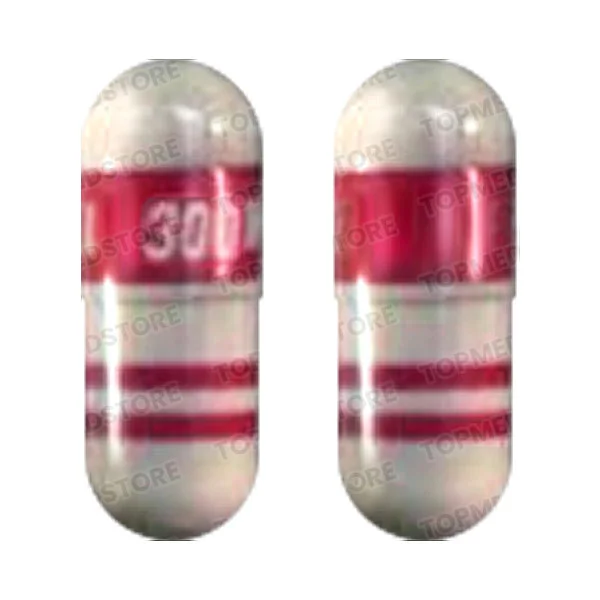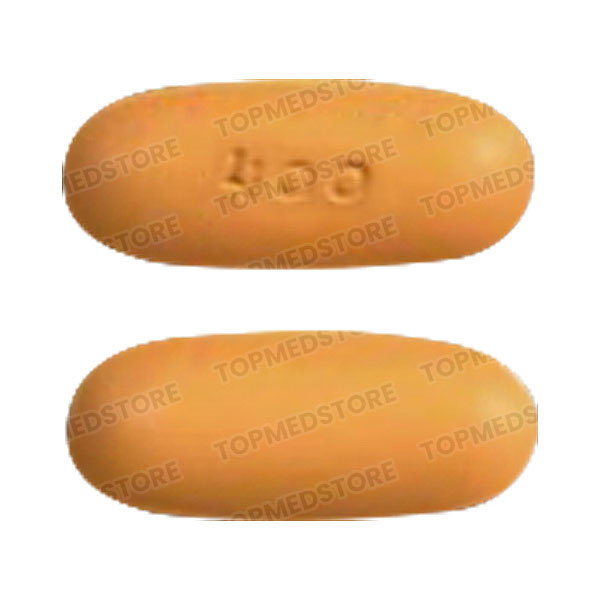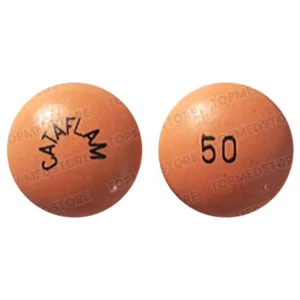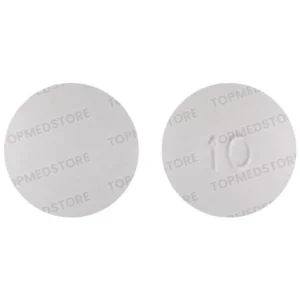Description
Active Ingredient
The active component of this mentioned medicine is Etodolac. This active ingredient is indicated to relieve pain from various conditions. It is also used to reduce pain, swelling, and joint stiffness from arthritis. It belongs to a group of drugs known as nonsteroidal anti-inflammatory drugs. It acts by blocking the production of certain natural substances by the body that causes inflammation.
Indications
This given drug is approved for the treatment of short-term pain, as well as long-term joint pain and inflammation in various types of arthritis. Lodine is approved to treat different conditions such as osteoarthritis, rheumatoid arthritis, juvenile rheumatoid arthritis, and short-term pain.
Action Mechanism
This mentioned medicine belongs to a class of drugs called nonsteroidal anti-inflammatory drugs that help reduce pain, inflammation, and fever. The exact mechanism of action is not known. Lodine also helps reduce swelling by decreasing levels of prostaglandin, a hormone-like substance that usually causes inflammation.
Dosages
This drug is available as an extended-release tablet for oral consumption and dosages are given below:
- 300 mg: Take this tablet as directed by the doctor, usually 2 or 3 times a day with a full glass of water
- 400 mg: It is to be consumed 2 to 3 times a day as exactly as prescribed by the doctor
Note
Avoid lying down for at least 10 minutes after consuming this medicine. To prevent stomach upset, administer this drug with food, milk, or an antacid.
FAQ’s
What is Lodine?
Lodine is a nonsteroidal anti-inflammatory drug (NSAID). Etodolac works by reducing hormones that cause inflammation and pain in the body.
What is Lodine used for?
Lodine is used to treat mild to moderate pain, osteoarthritis, or rheumatoid arthritis.
How should Lodine be consumed?
Use the lowest dose that is effective in treating your condition. Do not crush, chew, or break an extended-release tablet. Swallow it whole.
How long do you need to consume Lodine?
It may take up to 2 weeks before your symptoms improve. Keep using the medication as directed and tell your doctor if your symptoms do not improve. If you use Lodine long-term, you may need frequent medical tests.
What should be avoided while taking Lodine?
Avoid drinking alcohol. It may increase your risk of stomach bleeding. Avoid taking aspirin or other NSAIDs while you are taking Lodine.







Reviews
There are no reviews yet.